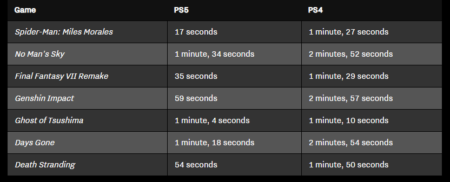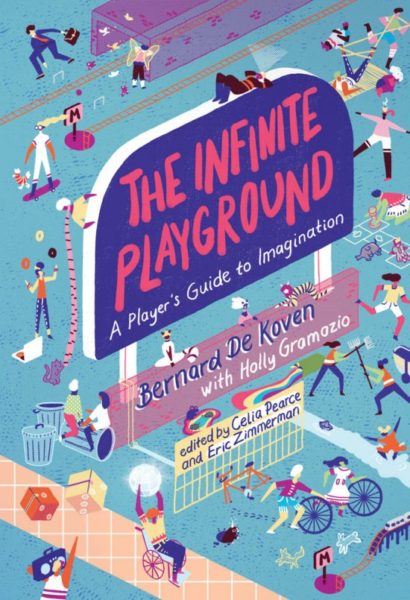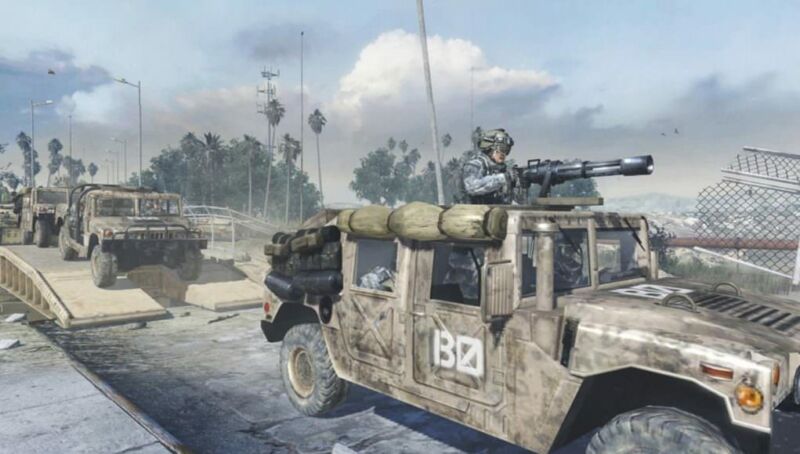Yes, Game Studies issue 21/1 is out. The rumors are true, this is the 20th anniversary issue.
Without going overboard reminiscing, I’ll just say I think our major goals were achieved, and that it’s fine how Game Studies is just one journal among many now. I think we helped:
- Provide a platform for all kinds of work related to video games – humanities, social science, philosophical, aesthetic, political.
- Establish video games as a meaningful cultural form (with “aesthetic, cultural and communicative” aspects, as the original header said).
- Establish that this meaning (and politics) can be found not only using traditional analytical tools, but that a new object of study can call for new tools (yeah, such as looking at meaning, politics in game rules and interaction – which many people resisted in the beginning).
- Reflect a field that changed over time.
One thing I have learned since is that history is basically a game of telephone, often a heavily mythologized one. Thus I don’t want to overstate our centrality – many people were studying video games and thinking about publication channels back then and before. And to counter the erasure that the game of mythologizing telephone creates, let me just list and thank all the people who were in the original group when I was most involved in the journal: Espen Aarseth, Markku Eskelinen, Marie-Laure Ryan, Susana Tosca, Gonzalo Frasca, Anja Rau, Aki Järvinen, Lisbeth Klastrup, Torill Mortensen, Jill Walker.
******
Two Decades of Game Studies
by Espen Aarseth
This issue of Game Studies marks the 20th anniversary of the journal.[more]
by Marco Caracciolo
This article discusses a recent strand of videogames that foreground disruptive animal characters in an urban environment. I link this “animal mayhem” to recent debates on the nonhuman, showing that videogames like Goat Simulator and Untitled Goose Game (my case studies) evoke the inherent strangeness of human-nonhuman connectedness.[more]
by Filip Jankowski
This article attempts to suggest a revision of the historical aesthetic category frequently called the “French Touch.” The article focuses on games that matched the contestataire moment in the history of France from three development circles (Froggy Software, Cobra Soft and François Coulon), arguing that they escape this traditional categorization.[more]
by Emma Reay
This paper examines representations of children in contemporary video games through content analysis. Using a sample of over 500 games published between 2009 and 2019, it identifies the dominant functions of child characters and documents patterns of representation across genres and over time.[more]
by Martin Ricksand
This article analyzes speedruns, the practice of beating a game as fast as possible. The article applies theories from the philosophy of sport as well as the philosophy of fiction, and outlines a way of how to adjudicate on what strategies may be employed in different kinds of speedruns.[more]
“Actual history doesn’t take place”: Digital Gaming, Accuracy and Authenticityby Eve Stirling, Jamie Wood
This paper examines university students’ perceptions of how playing historical videogames has affected their understanding of the past. It focuses on how active engagement in gameplay affects perceptions of historical time and sense of place, in particular the relative importance of accuracy and authenticity.[more]
by Agata Waszkiewicz, Mateusz Kominiarczuk
The article proposes a model of objective-based reward systems based on Gary Alan Fine’s frame analysis and Jesper Juul’s goal typology. The model reconceptualizes various reward-bound goals commonly encompassed under the categories “quests” and “achievements” in order to show them as non-homogenous and yet not dissimilar.[more]
Book Reviews
by Martin Roth
Who Are You? Nintendo’s Game Boy Advance Platform (2020) by Alex Custodio. Cambridge, Massachusetts & London: MIT Press. ISBN: 9780262044394. pp. 280.[more]
by John Sharp
Transnational Play: Piracy, Urban Art, and Mobile Games (2020) by Anne-Marie Schleiner. Baltimore, Maryland: Project MUSE. ISBN: 9789048543946. pp. 182.[more]

 interested in how video game consoles have – at least since the Nintendo 64 – consistently been promoted on the promise that now, graphics were being revolutionized and we would finally be able to play video games that were “just like movies”.
interested in how video game consoles have – at least since the Nintendo 64 – consistently been promoted on the promise that now, graphics were being revolutionized and we would finally be able to play video games that were “just like movies”.
 The other apparent thing now is the sheer genericness of the hardware. The Xbox and PlayStations are now both just boxes of ever-so-slightly modified generic PC components, AMD RDNA 2 CPU and GPU, SSD and so on. I think this correlates with a de-emphasizing of console generations, with a larger expectation of backwards compatibility and mid-generation updates (PS4 Pro, Xbox One S|X).
The other apparent thing now is the sheer genericness of the hardware. The Xbox and PlayStations are now both just boxes of ever-so-slightly modified generic PC components, AMD RDNA 2 CPU and GPU, SSD and so on. I think this correlates with a de-emphasizing of console generations, with a larger expectation of backwards compatibility and mid-generation updates (PS4 Pro, Xbox One S|X).
